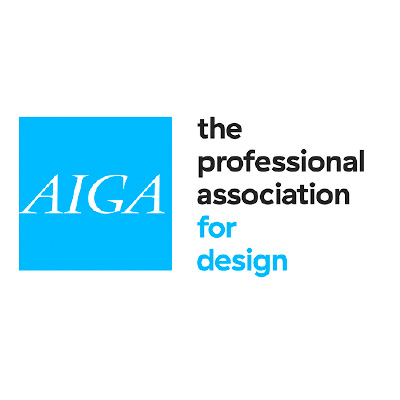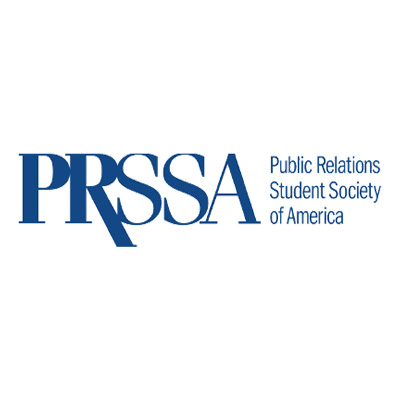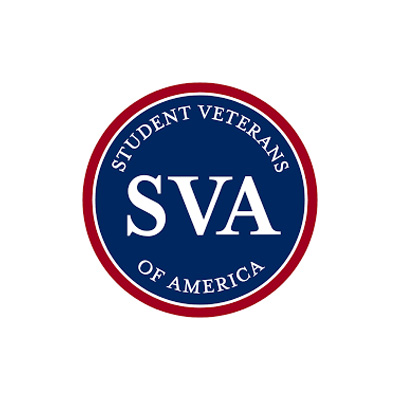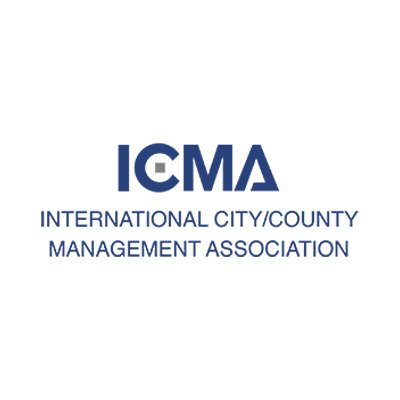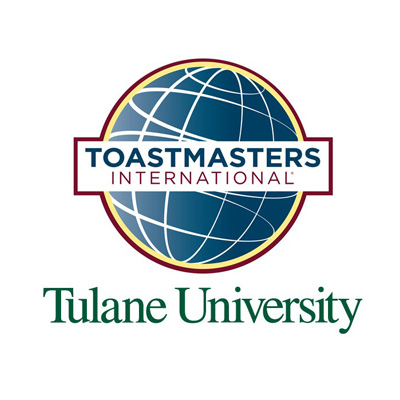Career Development at Tulane SoPA
Request Information
By submitting this form, you agree to receive information about the Tulane School of Professional Advancement’s programs via email, phone and/or text. You may opt out at any time.

Welcome to the ultimate hub for career development and professional growth at Tulane University’s School of Professional Advancement We understand that landing your dream job takes a lot of determination, and with our comprehensive Career Services Portal on Canvas, we make it easy for you to access all the resources you need in one convenient location.

Meet Your Career Advisor, Susan de la Houssaye
Take the first step toward accessing personalized guidance and advice developed specifically for Tulane SoPA students. Email Senior Career and Professional Development Advisor Susan de la Houssaye to schedule an appointment and receive assistance with career planning, interview prep or resume review.
Career Events and Workshops
SoPA hosts several workshops and networking events, which can be found by visiting the SoPA Events page. Recordings of past webinars may be found on the Tulane SoPA YouTube channel.
Join a Student Organization
Build your network by meeting students with similar interests as part of an organization that caters to your current or future profession. Below are a few organizations popular among Tulane SoPA students. Explore other student organizations on WaveSync.
Access Online Resources

Take your skills to the next level with LinkedIn Learning, where you can access thousands of online courses taught by industry experts.
Tulane’s professional development department offers webinars and resources online for current students and alumni, including Regional Alumni Clubs. If you are looking for more ways to stay in contact with alumni and professionals in your field, be sure to join the Tulane Alumni Directory, an online community for Tulane students and alumni.
Utilize Tulane’s CareerShift platform to search across all major job boards, access employer contacts, track your applications, and keep every part of your job search organized in one secure place.
Start Your Job Search
With Handshake, you can browse job and internship opportunities tailored to your interests and connect with employers looking for candidates just like you. Whether you are just starting out or looking to advance your career, we have everything you need.
At Tulane, we are committed to helping you achieve your career goals. Whether you are looking for part-time work, internships, or a full-time position, we are here to support you every step of the way. And last, but not least, keep in mind that there are amazing career opportunities right here at Tulane University.
Academic Advising
Get more from Tulane SoPA’s Student Support Services by visiting our Academic Advising page.
